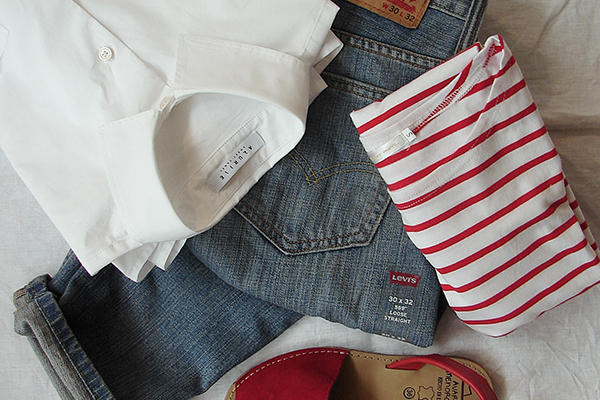The ideal self-concept v. the ideal social self-concept
Self-concept refers to the images and beliefs we have about ourselves. Self-concept might evolve in different stages of individual’s life and can be shaped by social and psychological factors (Solomon et al., 2014). There are several dimensions of a consumer’s self-conception, among which the ideal self-concept and the ideal social self-concept are of significant for one’s consumption decision making. The ideal self-concept reflects “what I would like to be” in an idea world, while the ideal social self-concept refers to the perception of “how I would like other to evaluate me” (Johar & Sirgy, 1989; Sirgy, 1982). By reviewing the mass of literature concerning consumer self-concept and consumption, Kassarjian (1971) figured out that the greater the congruence between the symbolic image of a brand (product) and a consumer’s self-concept, the more likely the consumer would have higher evaluation on the brand (product) and purchase products under the brand. Aquirre-Rodriguez and his colleagues (2012) conducted a meta-analysis to examine the impact of self-concept on consumer’s consumption preferences, and their work suggested a strong correlation between consumers’ self-concept and their brand (product) preferences.
Ideal self-concept and its application in promoting smart casualwear business
Smart casualwear business owners are recommended to promoting their business by enhancing the congruity between their brand images and target consumers’ ideal self-concept (Klipfel, Barclay, & Bockorny, 2014). In accordance with Epstein (1992), consumers had the internal needs to maintain the coherence of their self-conception system and would tend to buy products with congruent images of their ideal self-concept. For instance, a certain brand of smart casualwear business defined its product-user image as the smart casualwear of high-end,fashion, and elegancy, and potential consumers might regard themselves as having similar qualities, believing that they are elegant, fashionable, and of the moneyed class. Smart casualwear brand Hermes is one of the representatives that successfully shaping products’ image as high-end, elegant, and fashionable (Figure 1). Notably, in order to enhance foregoing personalities of Hermes, the company invited celebrities with similar traits to advertise for the brand (Figure 2).
Why companies selling smart casualwear willing to use the concept of the extended self
Extended self refers to the condition that people tend to consider some external objects, such as personal possessions, residence, neighborhood, or social groups, as a part of themselves. In this way, the characteristics and ‘personality’ of external objects extends to the person and becomes the person’s ‘extended self’ (Gineikiene et al., 2017). Using advertising strategies that making use of the concept of extended self, smart casualwear business operators could attract consumers with personalities that consumers longing to equip themselves (Aaker,1997, Gineikiene et al., 2017). Taking Hermes for example, identified as a high-end, elegant, and elite-oriented brand, the smart casualwear itself delivers the message that people wearing Hermes would deliver similar personalities. Namely, the possession of Hermes smart casualwear would further extend the brand’s personality to the consumer, this would bring additional compensation or satisfaction to consumers.

